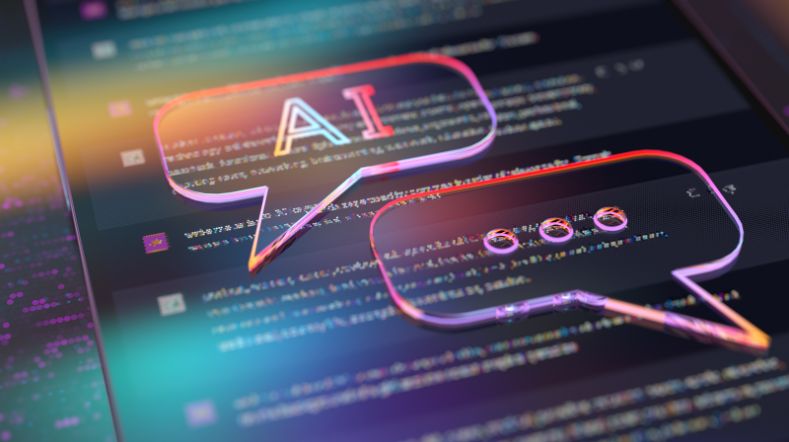Up-to-date information on innovation trends? A fitting task for AI
We want to gain a clearer picture of innovation trends in the Netherlands and the use of advanced technology could play a part in this. TNO, Statistics Netherlands (CBS) and Dutch data science company Innovatiespotter are currently studying the use of new AI techniques to identify innovation trends.
How many Dutch organisations are working on innovations such as synthetic biology and AI? What sector are they focusing on? For what problems are they working to develop a possible solution? How much employment and added value does this represent?
Governments need this kind of information in order to properly develop their innovation policy and it is important for this information to be as up to date as possible. Besides the economic value of technological innovations, they can also play an important role in meeting societal challenges. For governments, it is therefore important to be able to respond quickly to innovation trends.
Why the innovation monitor needs AI
The difficulty is that although a lot of data are available on innovation trends in the Netherlands, it is often unclear what these data actually contain. Sometimes the data are not sufficiently up to date. It is actually impossible for humans to collect all these data continuously and combine them in a logical way.
An AI system can do this faster and can monitor more developments, but only if the system knows where to look and how to provide information so that the policymaker can act on it. This requires knowledge of the technology and the domain. TNO, CBS and Innovatiespotter are studying how an AI model can better capture new innovations and how collaboration between the technology expert, the AI model and the user can be shaped.
As transparent as possible
Data from sources such as an innovation monitor could support policy decisions such as strategic investments in technologies or innovation hubs, or network activities around a specific innovation theme.
It is important here for the policymaker to be able to interpret the information properly and to know what it does and does not contain, which is why we are studying how to make an AI system transparent and explainable, in order to make decisions responsibly. And we are focusing especially on the impact of this system on the government’s decision-making process. This will allow us to use artificial intelligence in a truly responsible way for a more effective innovation policy.
Demonstration version in the making
A trial is currently running in the Dutch province of Zuid-Holland. In this trial, a demonstration version of the innovation monitor is focusing on two specific topics: AI and synthetic biology. This demonstration version will go live in mid-2021.
Get inspired
Working on reliable AI
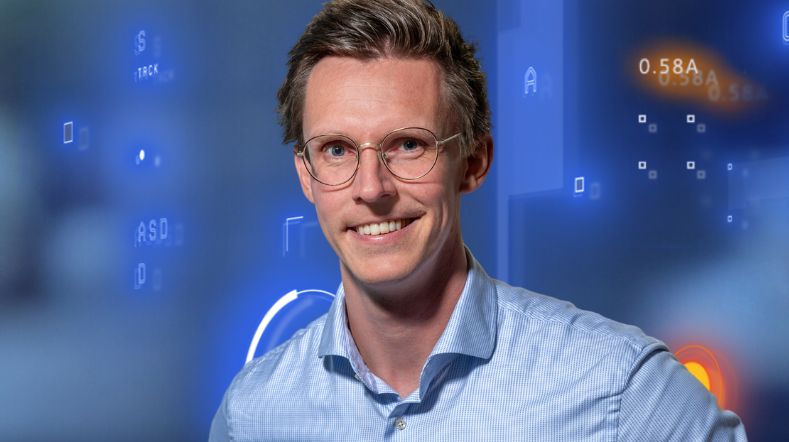

AI model for personalised healthy lifestyle advice
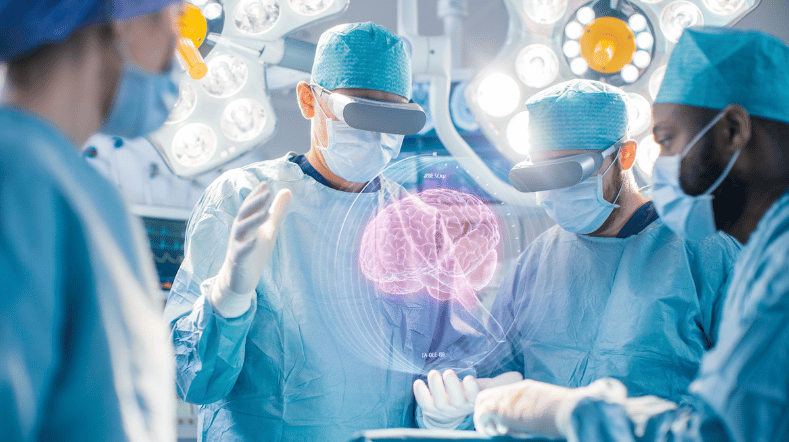

AI in training: FATE develops digital doctor's assistant
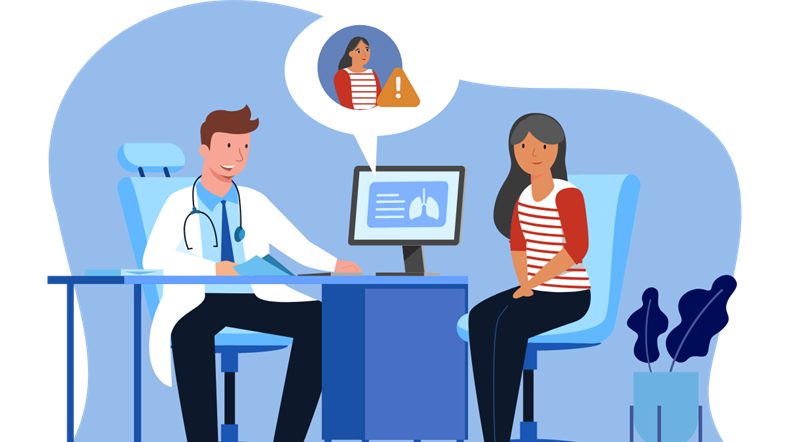

Boost for TNO facilities for sustainable mobility, bio-based construction and AI
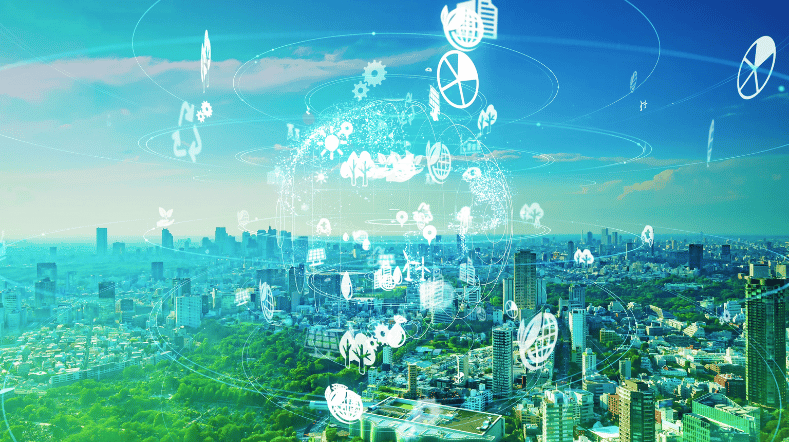

GPT-NL boosts Dutch AI autonomy, knowledge, and technology
